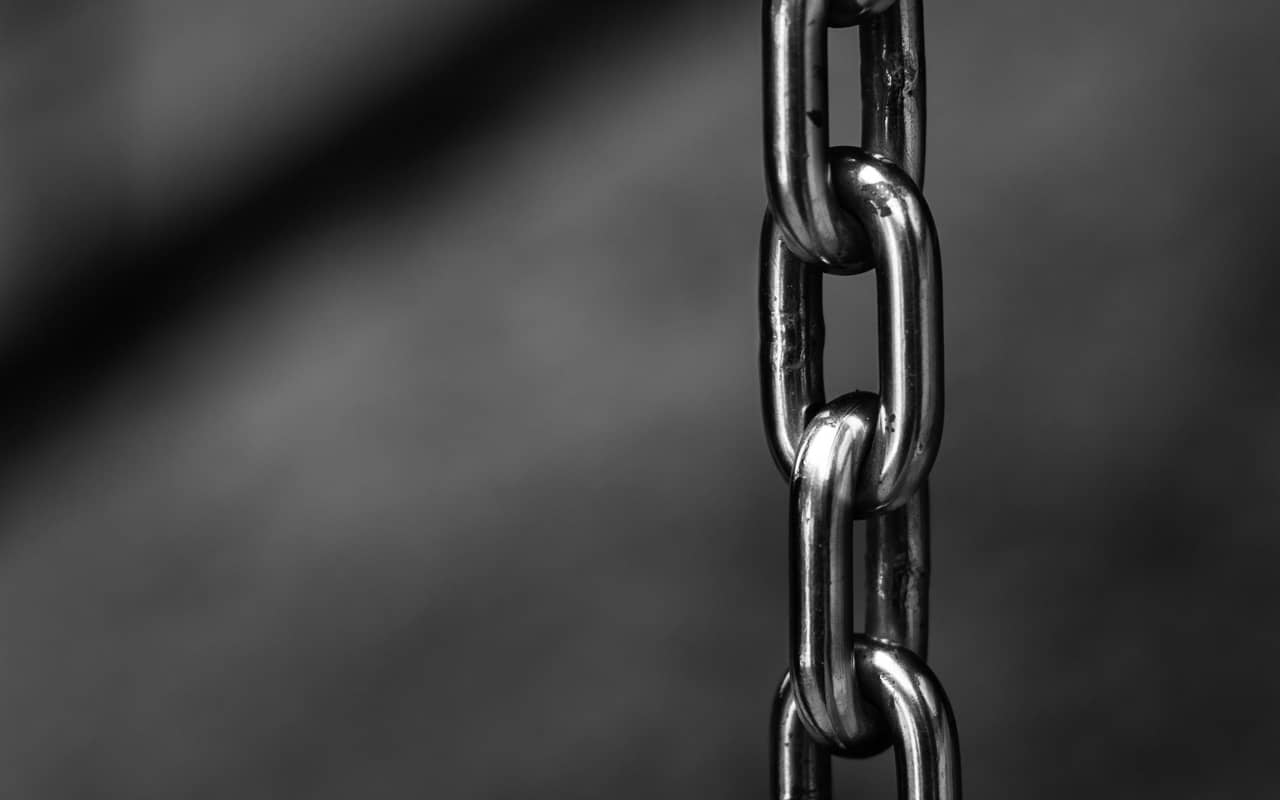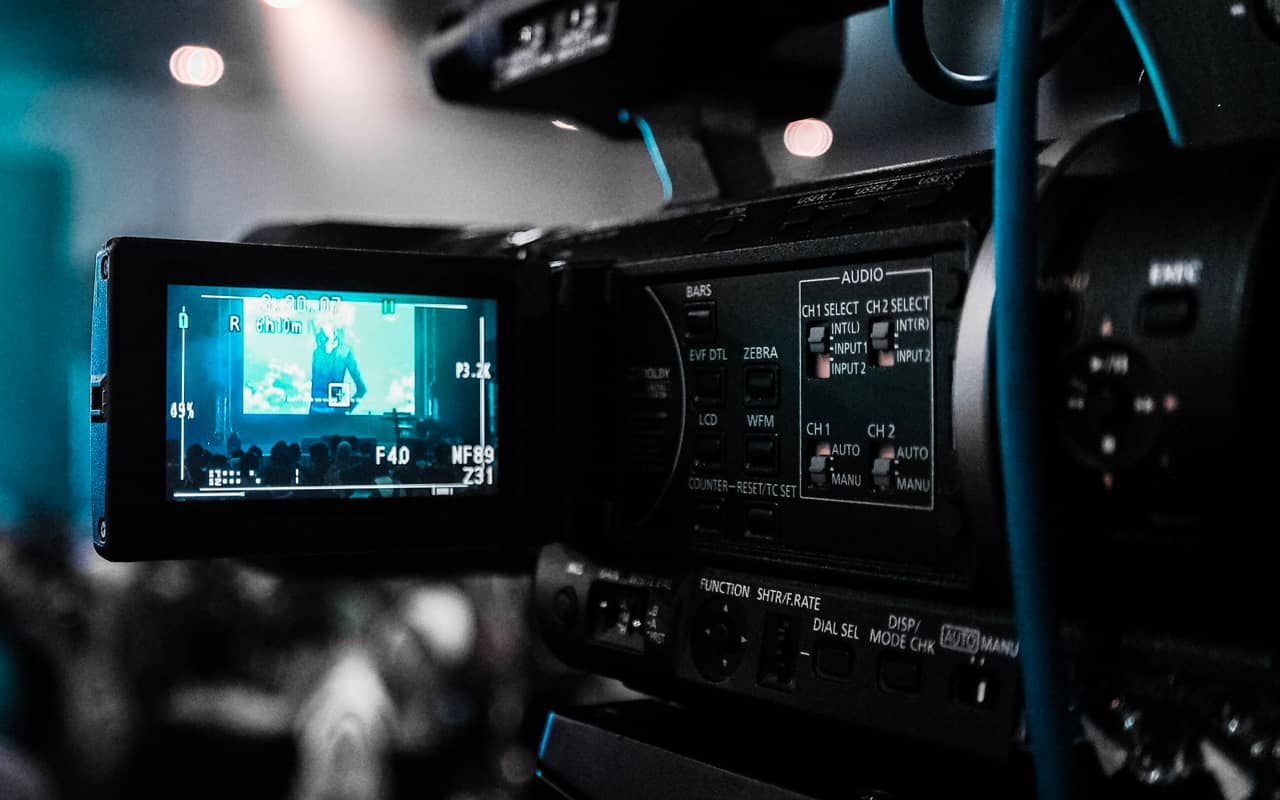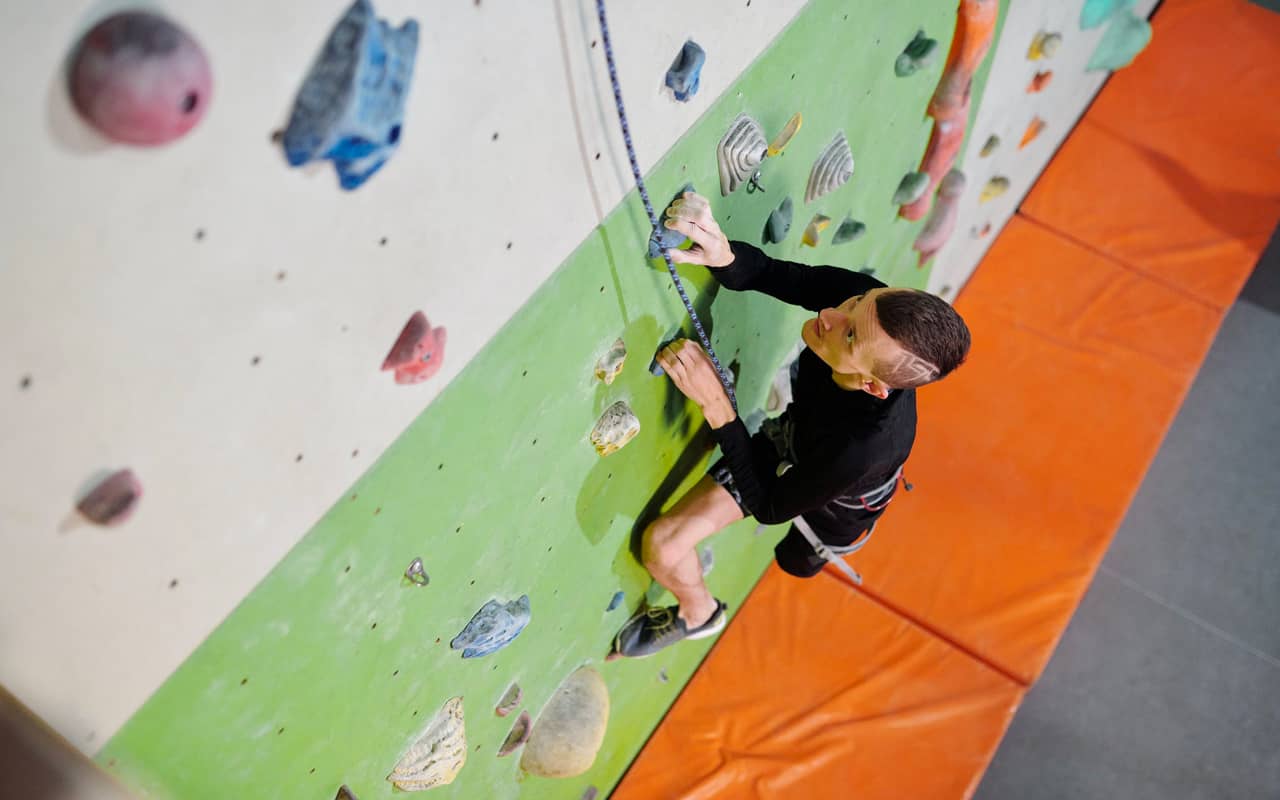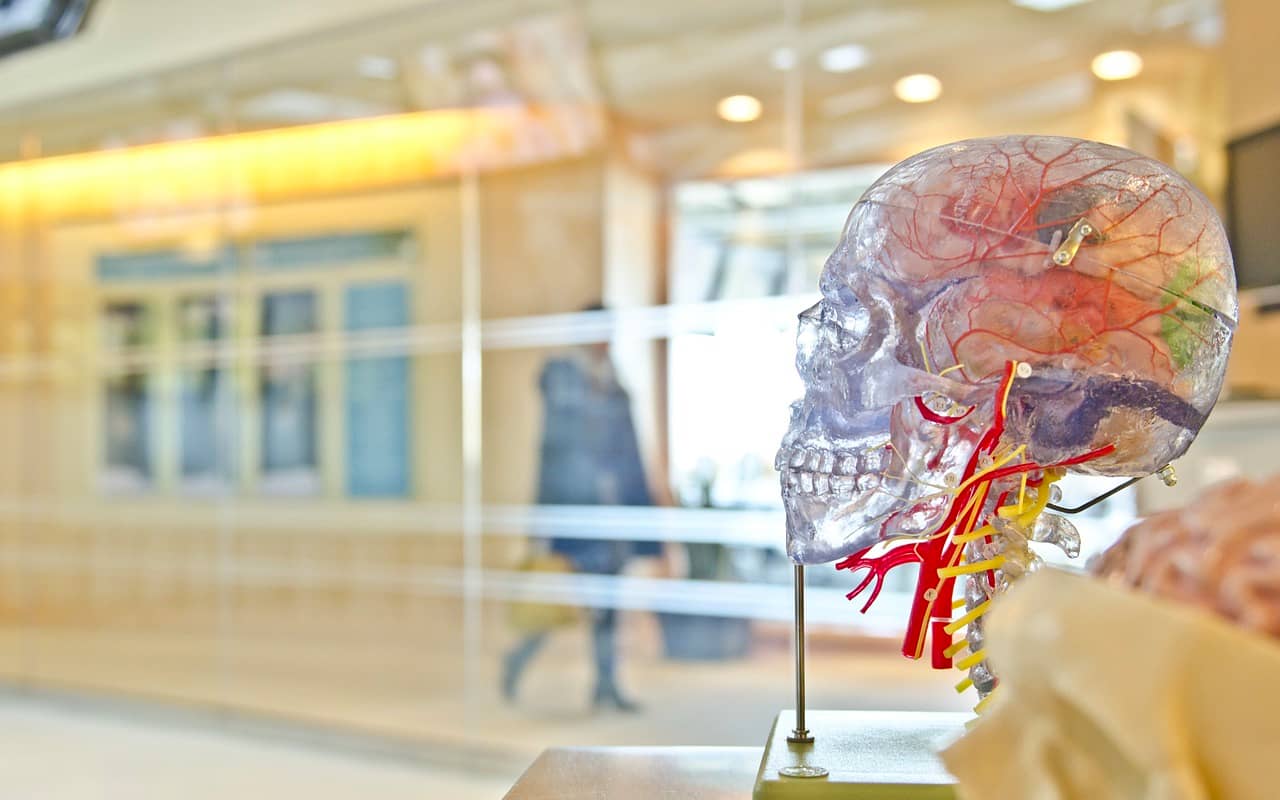ออฟไลน์ด้วยแอป Player FM !
Memory Recall and Retrieval: The Definitive Guide
ซีรีส์ที่ถูกเก็บถาวร ("ฟีดที่ไม่ได้ใช้งาน" status)
When?
This feed was archived on February 19, 2024 00:56 (
Why? ฟีดที่ไม่ได้ใช้งาน status. เซิร์ฟเวอร์ของเราไม่สามารถดึงฟีดพอดคาสท์ที่ใช้งานได้สักระยะหนึ่ง
What now? You might be able to find a more up-to-date version using the search function. This series will no longer be checked for updates. If you believe this to be in error, please check if the publisher's feed link below is valid and contact support to request the feed be restored or if you have any other concerns about this.
Manage episode 290005849 series 1375140
 Memory recall, sometimes called retrieval, is the experience of remembering information.
Memory recall, sometimes called retrieval, is the experience of remembering information.
Here’s the catch:
It can only happen after at least these other levels of memory have succeeded first:
- Noticing and recognizing the importance of information (like someone’s name)
- Encoding (making an effort to remember)
- Decoding (making an effort to recall)
Only after these stages have succeeded do you have memory recall.
And now you know one of the major reasons we forget: Something has interrupted the retrieval and recall process.
The good news?
We can improve.
We just need to know more about how our memory works, so let’s dive in.
The 3 Forms of Memory Retrieval
The challenge of learning about recall is that it’s not just one thing. Memory retrieval happens in several different ways that are related to other stages of memory, but are ultimately different.
These forms are:
- Free recall
- Cued recall
- Serial recall
Free recall allows you to retrieve information in any order. For example, if you watch a movie, you can tell your friend about the middle first, then the end before talking about the beginning. You’ve remembered enough to narrow in on different elements without getting confused or forgetting.
Cued recall, on the other hand, involves triggers. Here’s an easy way to think of this kind of retrieval:

Certain forms or recall can be compared to a chain or set of linking structures.
When memory athletes memorize lists of words, they combine elaborated associations so that one mnemonic triggers the target information in a chain.
When I did my memory drills this morning, for example, three of the words were blizzard, tea and piano. Tea and piano were easy to recall because I saw Ozzy Osbourne in a blizzard pouring warm tea on his piano. One image “cued” the recall of the others.
Note: Cued recall itself helped me associate Ozzy with the word “blizzard” because he recorded a 1981 album called Blizzard of Oz. When you create all your associations based on links that already exist in your memory, you can remember things a lot faster.
This kind of recall happens in everyday life too, even if you’re not a memory athlete.
For example, if you’re trying to remember the name of an actor, thinking about movies he’s been in can help trigger the name.
Serial recall involves recalling information in temporal order. It relates to episodic memory in some circumstances. Think of it as when you’re relating a series of events and talking in a “and then this happened” kind of pattern.
Does your mind really use just one of these kinds of recall at a time? Sometimes yes, sometimes no.

Recall is definitely not like replaying a movie. It’s more like assembling actors on a stage.
For example, you might have started giving details from the beginning of a story using free recall but realize your friend isn’t following the plot.
Your serial recall kicks in and that’s when you say, “let me start at the beginning.”
As you relate the plot of the movie, cued recall will likely help you add in nuance and detail that you would have forgotten otherwise.
What Is Recall Memory?
One thing that defines memory above all is that it is always dealing with the past. Think about it:
Let’s say that you imagine a future scenario, like taking a trip.
Later, when you want to plan the trip, you are recalling that vision of the future up from the past.
So whether you’re speaking a language to become fluent or sitting for an exam, improving memory recall involves improving how you access the past.
Recall vs Recognition
Of course, you will have differences depending on the circumstances. For example, you might struggle in an exam because you cannot recognize several key terms.

Or, you could have an advantage because your recognition of some terms help trigger cued recall.
Complex stuff, isn’t it? Well, the devil is always in the details, which is why it pays to learn how to study effectively. You don’t have to memorize everything in order for recognition to help you recall the information you need.
The 4 Types of Memory Recall
The plot thickens!
The four kinds of memory recall are useful to know about because the brain encodes information in very specific ways.
Did you know that your emotional state dictates how you encode memories? This is just one reason why certain types of memory training can help relieve conditions like PTSD.
Let’s dig a little deeper into:
- Recall
- Recognition
- Recollection
- Relearning

It’s possible to suddenly recall things without a trigger. For example, a memory of hanging out with your friends can arise for no reason.
Recall happens when you remember something without a cue or trigger.
For example, sometimes you just think about a friend out of the blue. The friend isn’t there, and yet somehow the brain has pulled out memories about her.
The Role of Questions In Remembering
Answering questions relates here as well. If you’re at an interview, you can only prepare so much. You’ll get questions you aren’t expecting, and yet you’ll find that you can remember certain facts without needing a trigger.
Recognition is when you know you’ve seen something before. You might not even remember that you’ve seen it before, but you still recognize it. Take the word “tiger,” for example. You probably don’t remember the first time you learned it, but you recognize it for what it is (a word) and the animal it refers to.
The opposite of recognition is sometimes called Jamais vu and can be deeply disturbing. Normally, however, recognition is positive and useful.
Recollection usually involves piecing things together using logic or objective reasoning. When you’re trying to recall information, you can deliberately follow a trail of information by leaping from one association to another.
Relearning is required when we forget things we’ve spent time learning. For example, you might have gone through great efforts to memorize vocabulary, but still can’t remember it.
To establish this form of recall and make learning much more fun, repetition might not be the answer. You might need to try a different approach, such as the Memory Palace technique.
How These Memory Processes Work Together
If your brain is reasonably healthy, I have very good news for you:
Most of what you need for long term memory recall happens in the background.
Not for all information, of course. But improving memory recall is why memory training was invented by our clever ancestors. When you want to be sure you can recall something, mnemonic devices and mnemonic strategies are a must.
But there are aspects of life that can interfere even with the best memory training efforts. These include:
- Alzheimer’s Disease and Dementia
- Lack of exercise
- Poor nutrition
- Dehydration
- Lack of sleep
If you have concerns, it’s always a best practice to consult a qualified medical professional.
How to Improve Long Term Memory Recall
I’m glad you asked, because helping you improve your memory is my passion.
First, I would suggest that you pick a technique and practice it for at least 90 days. You can choose:
- The Memory Palace technique
- The Roman Room technique
- The link and story methods
- Major System
- Pegword Method

Like any skill, consistent practice is needed to develop the foundations and improve over time.
As you practice, have a goal.
Generic memory improvement is possible, but you can really accelerate the process by picking specific information to memorize. Here are some suggestions with training tips:
For best results, I suggest that you add daily meditation. I teach a simple process in my book available through Amazon called The Victorious Mind: How to Master Memory, Meditation and Mental Well-Being.
How Do We Recall Memories On Demand?
In a phrase:
Study your memory and practice the best techniques.

The more you learn about the science of memory, the more it will inform your practice.
And simply accept this simple fact:
Apart from certain situations with disease or brain trauma, retrieval failure is almost always a choice.
But now you are informed and know how to retrieve memory on demand.
Which of the practices I suggested on this page are you going to try first?
484 ตอน
ซีรีส์ที่ถูกเก็บถาวร ("ฟีดที่ไม่ได้ใช้งาน" status)
When?
This feed was archived on February 19, 2024 00:56 (
Why? ฟีดที่ไม่ได้ใช้งาน status. เซิร์ฟเวอร์ของเราไม่สามารถดึงฟีดพอดคาสท์ที่ใช้งานได้สักระยะหนึ่ง
What now? You might be able to find a more up-to-date version using the search function. This series will no longer be checked for updates. If you believe this to be in error, please check if the publisher's feed link below is valid and contact support to request the feed be restored or if you have any other concerns about this.
Manage episode 290005849 series 1375140
 Memory recall, sometimes called retrieval, is the experience of remembering information.
Memory recall, sometimes called retrieval, is the experience of remembering information.
Here’s the catch:
It can only happen after at least these other levels of memory have succeeded first:
- Noticing and recognizing the importance of information (like someone’s name)
- Encoding (making an effort to remember)
- Decoding (making an effort to recall)
Only after these stages have succeeded do you have memory recall.
And now you know one of the major reasons we forget: Something has interrupted the retrieval and recall process.
The good news?
We can improve.
We just need to know more about how our memory works, so let’s dive in.
The 3 Forms of Memory Retrieval
The challenge of learning about recall is that it’s not just one thing. Memory retrieval happens in several different ways that are related to other stages of memory, but are ultimately different.
These forms are:
- Free recall
- Cued recall
- Serial recall
Free recall allows you to retrieve information in any order. For example, if you watch a movie, you can tell your friend about the middle first, then the end before talking about the beginning. You’ve remembered enough to narrow in on different elements without getting confused or forgetting.
Cued recall, on the other hand, involves triggers. Here’s an easy way to think of this kind of retrieval:

Certain forms or recall can be compared to a chain or set of linking structures.
When memory athletes memorize lists of words, they combine elaborated associations so that one mnemonic triggers the target information in a chain.
When I did my memory drills this morning, for example, three of the words were blizzard, tea and piano. Tea and piano were easy to recall because I saw Ozzy Osbourne in a blizzard pouring warm tea on his piano. One image “cued” the recall of the others.
Note: Cued recall itself helped me associate Ozzy with the word “blizzard” because he recorded a 1981 album called Blizzard of Oz. When you create all your associations based on links that already exist in your memory, you can remember things a lot faster.
This kind of recall happens in everyday life too, even if you’re not a memory athlete.
For example, if you’re trying to remember the name of an actor, thinking about movies he’s been in can help trigger the name.
Serial recall involves recalling information in temporal order. It relates to episodic memory in some circumstances. Think of it as when you’re relating a series of events and talking in a “and then this happened” kind of pattern.
Does your mind really use just one of these kinds of recall at a time? Sometimes yes, sometimes no.

Recall is definitely not like replaying a movie. It’s more like assembling actors on a stage.
For example, you might have started giving details from the beginning of a story using free recall but realize your friend isn’t following the plot.
Your serial recall kicks in and that’s when you say, “let me start at the beginning.”
As you relate the plot of the movie, cued recall will likely help you add in nuance and detail that you would have forgotten otherwise.
What Is Recall Memory?
One thing that defines memory above all is that it is always dealing with the past. Think about it:
Let’s say that you imagine a future scenario, like taking a trip.
Later, when you want to plan the trip, you are recalling that vision of the future up from the past.
So whether you’re speaking a language to become fluent or sitting for an exam, improving memory recall involves improving how you access the past.
Recall vs Recognition
Of course, you will have differences depending on the circumstances. For example, you might struggle in an exam because you cannot recognize several key terms.

Or, you could have an advantage because your recognition of some terms help trigger cued recall.
Complex stuff, isn’t it? Well, the devil is always in the details, which is why it pays to learn how to study effectively. You don’t have to memorize everything in order for recognition to help you recall the information you need.
The 4 Types of Memory Recall
The plot thickens!
The four kinds of memory recall are useful to know about because the brain encodes information in very specific ways.
Did you know that your emotional state dictates how you encode memories? This is just one reason why certain types of memory training can help relieve conditions like PTSD.
Let’s dig a little deeper into:
- Recall
- Recognition
- Recollection
- Relearning

It’s possible to suddenly recall things without a trigger. For example, a memory of hanging out with your friends can arise for no reason.
Recall happens when you remember something without a cue or trigger.
For example, sometimes you just think about a friend out of the blue. The friend isn’t there, and yet somehow the brain has pulled out memories about her.
The Role of Questions In Remembering
Answering questions relates here as well. If you’re at an interview, you can only prepare so much. You’ll get questions you aren’t expecting, and yet you’ll find that you can remember certain facts without needing a trigger.
Recognition is when you know you’ve seen something before. You might not even remember that you’ve seen it before, but you still recognize it. Take the word “tiger,” for example. You probably don’t remember the first time you learned it, but you recognize it for what it is (a word) and the animal it refers to.
The opposite of recognition is sometimes called Jamais vu and can be deeply disturbing. Normally, however, recognition is positive and useful.
Recollection usually involves piecing things together using logic or objective reasoning. When you’re trying to recall information, you can deliberately follow a trail of information by leaping from one association to another.
Relearning is required when we forget things we’ve spent time learning. For example, you might have gone through great efforts to memorize vocabulary, but still can’t remember it.
To establish this form of recall and make learning much more fun, repetition might not be the answer. You might need to try a different approach, such as the Memory Palace technique.
How These Memory Processes Work Together
If your brain is reasonably healthy, I have very good news for you:
Most of what you need for long term memory recall happens in the background.
Not for all information, of course. But improving memory recall is why memory training was invented by our clever ancestors. When you want to be sure you can recall something, mnemonic devices and mnemonic strategies are a must.
But there are aspects of life that can interfere even with the best memory training efforts. These include:
- Alzheimer’s Disease and Dementia
- Lack of exercise
- Poor nutrition
- Dehydration
- Lack of sleep
If you have concerns, it’s always a best practice to consult a qualified medical professional.
How to Improve Long Term Memory Recall
I’m glad you asked, because helping you improve your memory is my passion.
First, I would suggest that you pick a technique and practice it for at least 90 days. You can choose:
- The Memory Palace technique
- The Roman Room technique
- The link and story methods
- Major System
- Pegword Method

Like any skill, consistent practice is needed to develop the foundations and improve over time.
As you practice, have a goal.
Generic memory improvement is possible, but you can really accelerate the process by picking specific information to memorize. Here are some suggestions with training tips:
For best results, I suggest that you add daily meditation. I teach a simple process in my book available through Amazon called The Victorious Mind: How to Master Memory, Meditation and Mental Well-Being.
How Do We Recall Memories On Demand?
In a phrase:
Study your memory and practice the best techniques.

The more you learn about the science of memory, the more it will inform your practice.
And simply accept this simple fact:
Apart from certain situations with disease or brain trauma, retrieval failure is almost always a choice.
But now you are informed and know how to retrieve memory on demand.
Which of the practices I suggested on this page are you going to try first?
484 ตอน
Alla avsnitt
×ขอต้อนรับสู่ Player FM!
Player FM กำลังหาเว็บ





